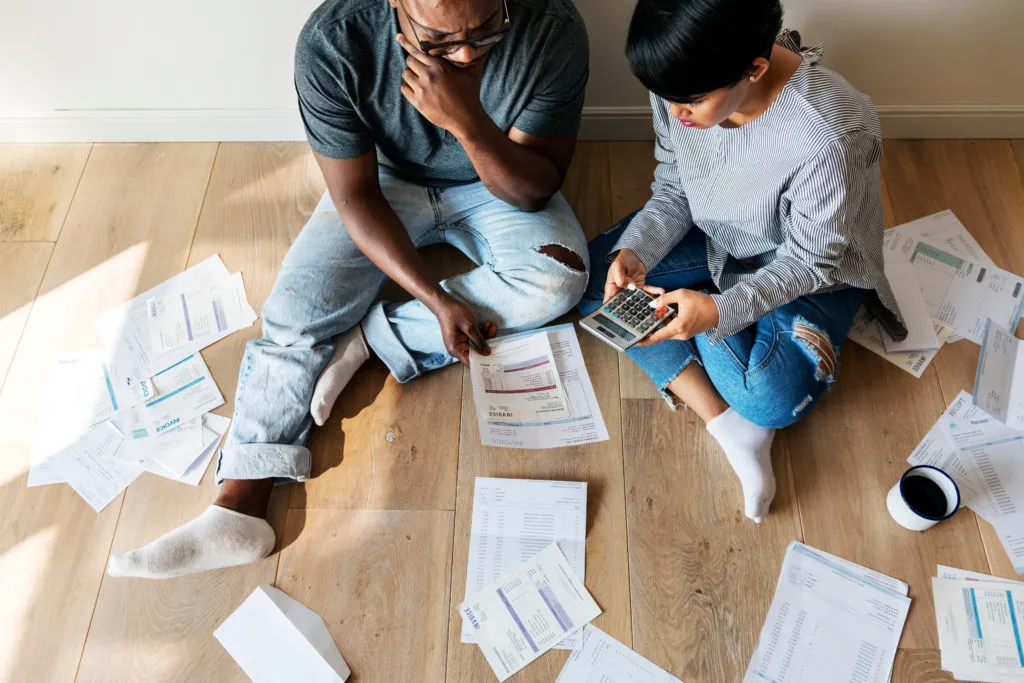Dealing with debt can feel like an uphill battle, but with the right strategies, you can regain control of your finances and work towards a debt-free future. Here are five practical steps to help you manage your debt effectively.
Assess Your Debt:
Begin by taking stock of all your outstanding loans and monthly financial commitments. Create a comprehensive list that includes the total amount owed, interest rates, and due dates. Regularly update this list to track your progress and stay aware of your current financial situation.
Prioritize Early Repayments:
Late payments can compound your debt with penalties and higher interest rates. Aim to make early repayments whenever possible to reduce interest costs and stay on top of your obligations. If you miss a payment, don’t wait until the next due date—make the payment as soon as you can to avoid negative consequences on your credit score.
Budget Wisely:
Developing a monthly budget is essential for managing your expenses and ensuring you have enough funds to cover your bills. Plan ahead to allocate your income towards debt repayment and essential expenses, and consider using any extra cash to accelerate your debt payoff.
Tackle High-Interest Loans First:
Prioritize paying off loans with high-interest rates, as they cost you more over time. By focusing on these loans first, you can minimize the overall interest you pay and expedite your journey towards becoming debt-free. Consider refinancing high-interest loans with lower-rate options, such as cooperative loans, to save on interest costs.
Make Minimum Payments:
If you’re unable to pay off all your debts at once, aim to at least make the minimum payment on each loan. While this may slow down your progress, it prevents your debt from spiraling out of control and helps you avoid defaulting on your loans.
Conclusion:
Managing debt requires diligence and discipline, but it’s achievable with the right approach. By assessing your debt, prioritizing repayments, budgeting wisely, tackling high-interest loans, and making minimum payments, you can take meaningful steps towards financial stability and freedom from debt.
FAQs:
1.How often should I update my debt list?
It’s advisable to update your debt list regularly, ideally after each payment or at least monthly. This ensures you have an accurate overview of your debt and can adjust your repayment strategy as needed.
2.Is it better to pay off debt or save money?
It depends on your individual circumstances. Generally, it’s wise to prioritize paying off high-interest debt before focusing on savings. However, maintaining an emergency fund for unexpected expenses is also important to avoid falling further into debt.
3.Can I negotiate with creditors to lower my debt?
Yes, it’s possible to negotiate with creditors for lower interest rates, reduced payments, or debt settlement options. Be proactive in contacting your creditors and explain your financial situation honestly to explore potential solutions



